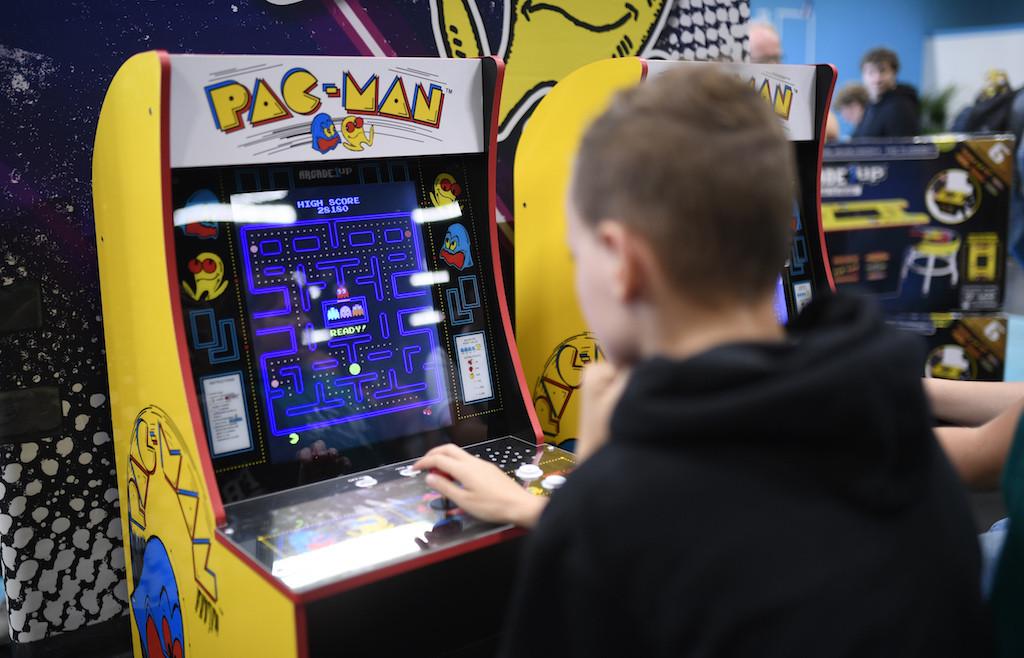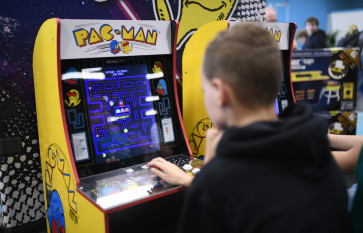Popular Reads
Top Results
Can't find what you're looking for?
View all search resultsPopular Reads
Top Results
Can't find what you're looking for?
View all search resultsLocal video game startups seek support overseas to bolster business
Two Indonesian video game startups, Maentrus Digital Lab and Nightspade, were among 30 developers from developing countries invited to attend the 2019 Indie Games Accelerator (IGA), a 6-month gaming design program held by Google at its Asia-Pacific headquarters in Singapore.
Change text size
Gift Premium Articles
to Anyone
W
ith a lack of assistance from the government, local game developers are looking for support overseas to gain funding and market access and to improve the quality of their games.
Two Indonesian video game startups, Maentrus Digital Lab and Nightspade, were among 30 developers from developing countries invited to attend the 2019 Indie Games Accelerator (IGA), a 6-month gaming design program held by Google at its Asia-Pacific headquarters in Singapore.
The chief technology officer of Maentrus, Reza Febri Nanda, said after joining the program in July that he learned about how to more effectively develop independent games.
For the Indonesian participants of IGA, such a program was important because, more than just improving technical abilities, it also worked on marketing skills, Nanda said. Unlike those from developed countries that had legal support from the government and major publishers to produce and distribute games, Indonesian gaming companies still relied on training programs such as IGA to develop, he said.
“By joining programs like IGA, we can meet not only fellow developers from other countries with similar struggles to share but also professionals from around the world who give us tremendous input to effectively set our focus on the target consumers,” Nanda told The Jakarta Post during a media visit at Google’s Asia-Pacific headquarters on Dec. 12.
IGA was started in 2018 to help top gaming startups from emerging markets in Asia-Pacific countries. Meanwhile, the second run of the program in 2019 opened to producers and talents from Latin America.
Besides Indonesia, participants of the 2019 IGA came from Argentina, Brazil, Colombia, Egypt, India, Jordan, Malaysia, Mexico, Paraguay, the Philippines, Thailand, Turkey, Uruguay and Vietnam. The program lasted from July to December, but participants only spent a week in Singapore in July as most of the activities were carried out remotely from their own countries. The participants then returned to Singapore in December for graduation.


















